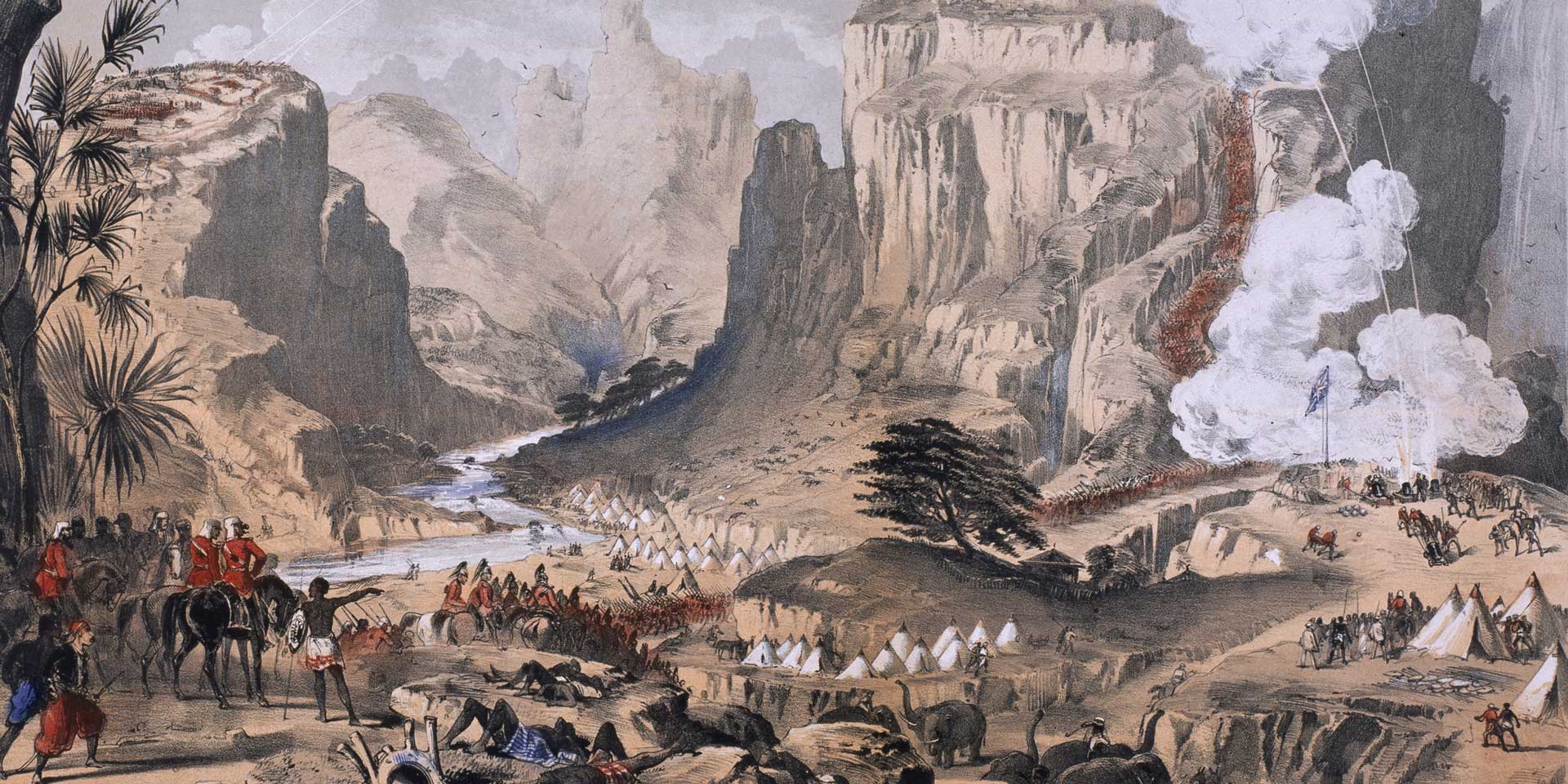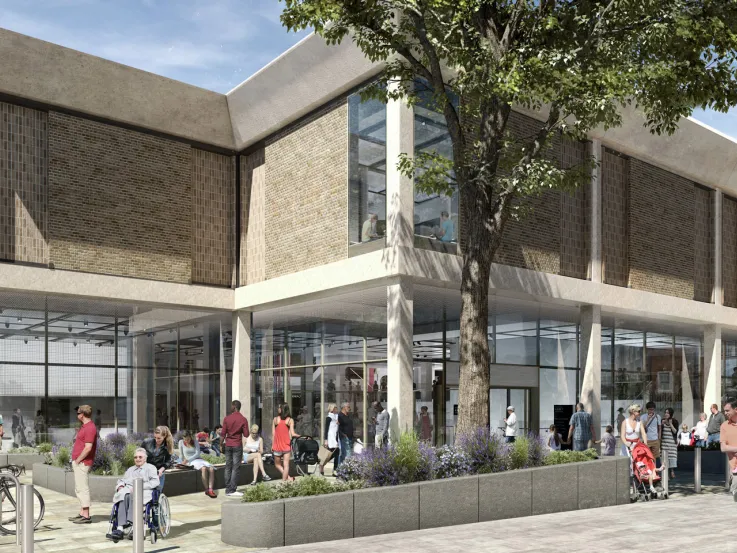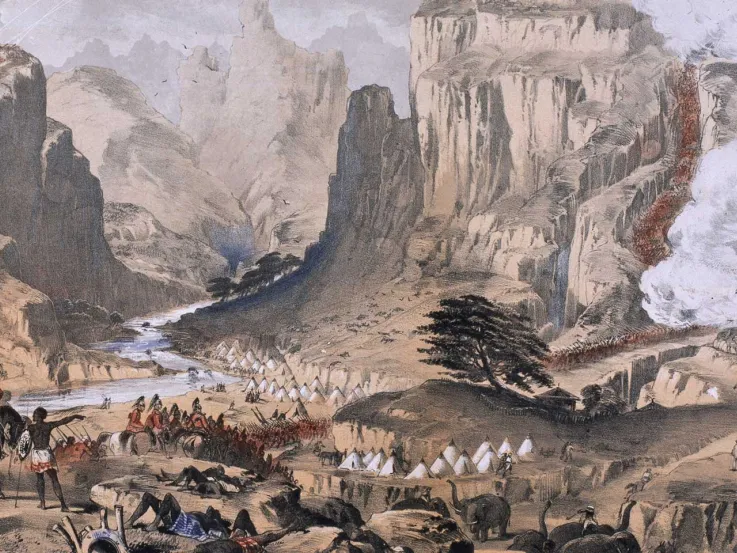National Army Museum responds to repatriation request from Ethiopia
The National Army Museum has agreed to repatriate items from its collection, considered to be human remains, following a request from the Federal Democratic Republic of Ethiopia in April last year.
Request
On 17 April 2018, the Minister of Culture and Tourism from the Federal Democratic Republic of Ethiopia made a formal request to the Director of the National Army Museum for the return of hair belonging to Emperor Tewodros II. The hair is considered to be of cultural sensitivity to Ethiopian citizens.
Acquisition
The hair was accessioned into the Museum's collection in 1959. It was given to the Museum by the family of an artist who had painted the Emperor on his deathbed. Two locks of hair were accessioned at the time, one of which was framed with a letter and the Emperor's seal. The objects are considered significant to the Museum's collection for their historical connection to a major and unique campaign fought by the British Army in 1868 and were collected in good faith.
Decision
The recommendation to repatriate was prepared by Terri Dendy, Head of Collections Standards and Care at the Museum and agreed upon in principle by the Council of the National Army Museum in November 2018, pending consultation with other stakeholders. Requests for repatriation are treated in accordance with the Museum's Collections Development Policy and the Museums Association's Code of Ethics. Claims for repatriation are measured on the basis of the evidence provided to support the claim, balanced alongside the Museum's obligation to protect and safeguard collections for future generations.
Terri Dendy said: 'Having spent considerable time researching the provenance and cultural sensitivities around this matter, we believe the Ethiopian government claim to repatriate is reasonable and we are pleased to be able to assist. Our decision to repatriate is very much based on the desire to inter the hair within the tomb alongside the Emperor.'
Repatriation
The Ethiopian government has requested that the hair be returned so that it can be interred with Emperor Tewodros at the Trinity Monastery in the northern part of Ethiopia. The National Army Museum remains in discussions with the Embassy of Ethiopia in London on arrangements for formally returning the items.
The Director of the Museum, Justin Maciejewski DSO MBE, said: 'We very much look forward to the occasion when we can hand over these symbolic humans remains to the people of Ethiopia.'
Notes to editors
- Items' accession numbers: NAM 1959-10-71-2 and NAM 1959-10-71-1
- The National Army Musuem’s Collections Development Policy can be viewed online.
For more information:
Claire Blackshaw | PR & Communications Manager | National Army Museum
E: cblackshaw@nam.ac.uk | T: 020 7881 2433 | M: 07841 535 588
Gail Warden | Senior Press Officer | Ethiopian Embassy
E: gail@ethioembassy.org.uk | T: 020 7838 3883
About the National Army Museum
The National Army Museum is the leading authority on the history of the British Army. It was founded in 1960 by Royal Charter and established for the purpose of collecting, preserving and exhibiting objects and records relating to the Land Forces of the British Crown. The Museum seeks to tell the story of the nation’s Army and of the soldiers who have served in it. It aims to inspire, educate and engage the public with its world-class collection.



